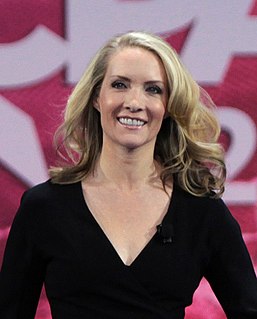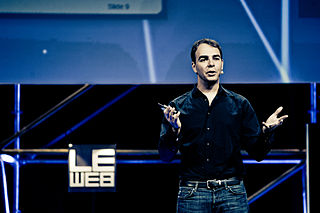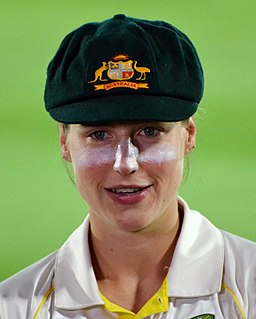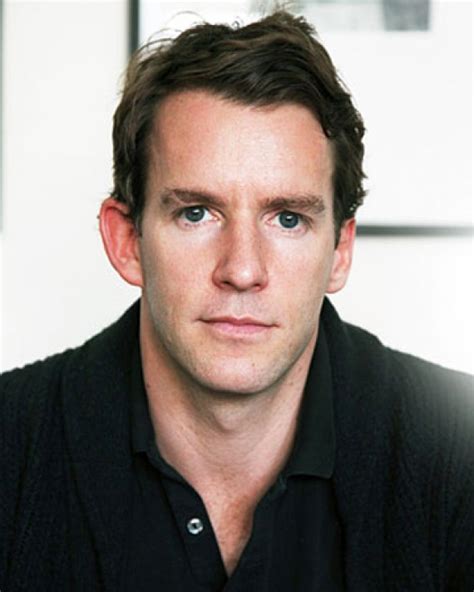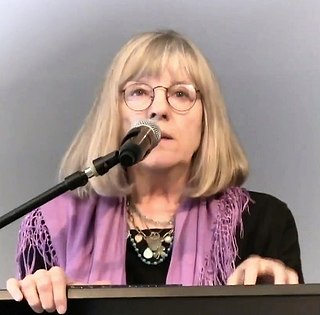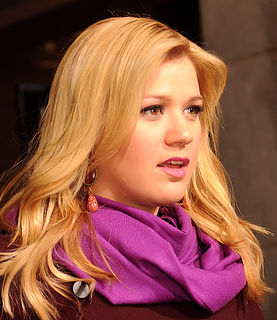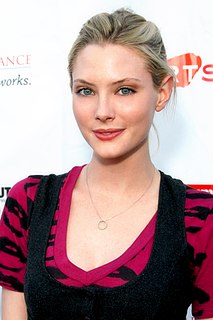A Quote by Dana Perino
A lot of people think that public speaking means that you are standing at a podium giving a speech, but public speaking comes in lots of different formats.
Related Quotes
It is said that the fear of public speaking is a fear greater than death for most people. According to psychiatrists, the fear of public speaking is caused by the fear of ostracism, the fear of standing out, the fear of criticism, the fear of ridicule, the fear of being an outcast. THE FEAR OF BEING DIFFERENT PREVENTS MOST PEOPLE FROM SEEKING NEW WAYS TO SOLVE THEIR PROBLEMS.
It's a sick thing, right: people are afraid of public speaking. I do public speaking, except my public speaking involves the audience only having one type of emotion and one type of reaction. If they have anything other than laughter, it's a failure. That's an absurd thing for a human to try to seek. The main thing to realize is that whatever I say, it's my truth and I believe in it, and if I don't get a laugh off that, then it's not working.
Extemporaneous speaking should be practised [sic] and cultivated. It is the lawyer's avenue to the public. However able and faithful he may be in other respects, people are slow to bring him business if he cannot make a speech. And yet there is not a more fatal error to young lawyers than relying too much on speech-making. If any one, upon his rare powers of speaking, shall claim an exemption from the drudgery of the law, his case is a failure in advance.
